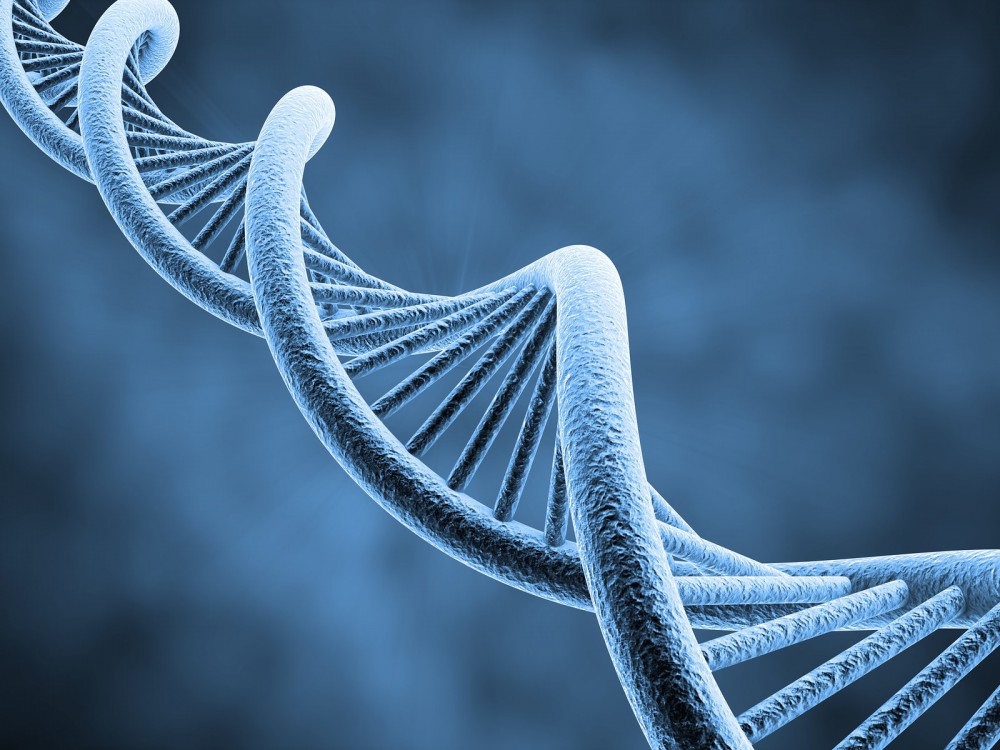
Ever wondered what lurks in your DNA? Worried that you might be at risk for passing down diseases to your offspring?
Well, now you can find out – and do it yourself.
The U.S. Food and Drug Administration (FDA) has approved a DIY testing kit by 23andMe, a Google-backed startup. All it takes is $199, an Internet connection and a couple drops of saliva. The kit tests for “three dozen genetically straightforward ‘autosomal recessive’ conditions, such as cystic fibrosis, that two parents could pass down to their children,” according to Yahoo! News.
There also is a wellness component to the report, which covers things such as possible reactions to caffeine or the potential for being lactose intolerant, health.com said.
Genetic testing usually isn’t covered by insurance and could provide a way for people to uncover unknown medical conditions.
A genealogy enthusiast named Lara Diamond told Yahoo! News that she originally did the testing for ancestral purposes, but discovered she had a BRCA mutation associated with breast cancer – even though her own research of 4,000 family members uncovered no history of the disease.
You Might Also Enjoy: Health Informatics + Big Data Unlock the Human Genetic Code
A mammogram and MRI caught her cancer at an early stage and, after surgery, Diamond is now cancer free, while her relatives have been screened for the BRCA mutation.
That said, there are critics of DIY testing, who worry about inaccuracies and a high rate of false-negative findings.
“Fifty-one percent of Asians who are carriers of cystic fibrosis will not be found on this test to, in fact, be carriers,” Robert Klitzman, director of the masters of bioethics program at Columbia University, told Yahoo! News. “The test is also less predictive for African-Americans and for Latinos than it is for Caucasians. So people need to understand that the tests may not be 100% accurate.”
Klitzman said the testing looks only at portions of DNA instead of sequencing entire genomes. In addition, there are other factors related to health aside from DNA. He said while a condition such as heart disease may be 50% genetic, the other half can be tied to factors such as diet and exercise.
Another concern is that people may misinterpret results.
“Our recommendation is to always have a genetics healthcare professional, such as a board-certified clinical geneticist or genetic counselor, involved in that process,” Jerry Feldman, president of the American College of Medical Genetics and Genomic, told health.com.









